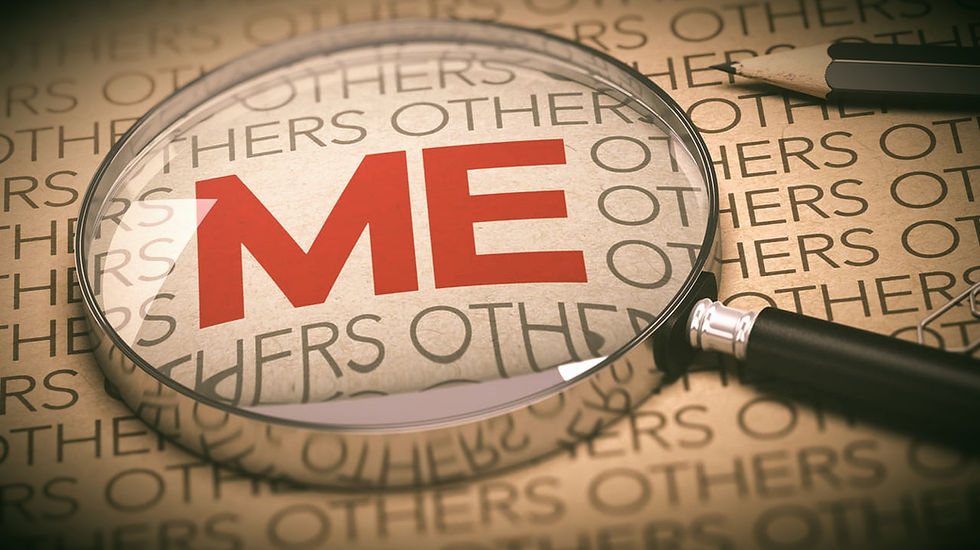Stages of Change
- V.B.Chase

- Dec 5, 2017
- 3 min read
OOOoo How we all love change! right? Well just so ya know thinking about it is part of it!
we change and so does the seasons, the weather and environment around us. So why do we resist what is always going to 'be'? Change is inevitable and knowing a bit on how your minds work through it can ease the process.
So let's read on...

Below is written by Katherine Schafler, NYC-based psychotherapist, writer and speaker.
Wait, just thinking about changing is a stage of change? That's how you start to change -- by thinking about it without doing anything?
YES.
The idea that just thinking about what you want to change is an actual stage of change is so rational and obvious after the fact (of course you need to think about what you want to change and how you want to change it before you actually do it), but in the midst of contemplating change most people encounter this sentiment:
All I do is think about changing X and talk about changing X but I don't actually do it.
This creates stuckness and a negative self-fulfilling prophecy.
You tell yourself over and over again that you're not someone who does anything to change, you just think about it a ton, and then you become someone who doesn't do anything to change and who just thinks about it a ton.
Breaking that cycle starts with a deeper understanding of what the process of change actually looks like.
Deliberate change comes in 5 stages:
1. Pre-contemplation: You're not even thinking about changing. An example of this is a woman who's dating a man who isn't great for her, but she's having fun dating him anyway. She doesn't think he's not great for her, she doesn't think he's a bad or incompatible choice. She's just enjoying being around him.
2. Contemplation: In this stage, it's likely that a few things have happened which have catalyzed some thoughts around whether you should change something. Using the prior example, the woman might have noticed a few things about the man she's dating that she doesn't like. She might be starting to ask herself questions like, Where is this going?... What am I doing?......Well he's really great at X but not so great at Y...Why am I putting up with this?...Is he enough for me?....Am I really happy with this situation?
You don't actually change anything in the second stage.
You basically just think about what your life would be like if you continued doing the exact same things, what your life would be like if you decided to change and the ways by which that potential change might occur.
3. Preparation: This is when you've decided you want to change and you go into preparation mode.
You might ask around about how other people have successfully changed and announce to others that you've decided to change in order to hold yourself accountable to it. You might read books or blog posts on change, you might make purchases for yourself that make it easier to enable and stick to the change you want (cough, lululemon, cough).
4. Action: The action stage is marked by actual behavioral changes.
This is the stage that most people associate with change because it's the stage that's most visible.
In our example, this is the stage where you have the tough conversation and you break up.
5. Maintenance: A crucial and often overlooked stage.
It can take so long to realize you need to change 'for real' as well as to take the actionable steps to change, that by the time you get to the maintenance stage it's easier to think the tough work is behind you.
NOPE.
Ironically, this is the stage that often requires the most support.
Relapsing (i.e. going back on your decision to change) is usually a natural part of this stage that is misinterpreted as failure.
When you have support through the maintenance stage, you learn to prevent, examine and explore your relapses, mining for the loop holes that you then begin to tie off.
With the exception of pre-contemplation, all the stages of change require a great deal of work, attention, time and energy. Thinking is included in this work. It's hard to encounter conflicting thoughts about what you want and then reconcile the dissension.
Figuring out what you really, truly want can be challenging enough -- implementing and maintaining the changes you've decided upon can be even more so....
" SO there you have it. The differences on stages of change, where you can start anywhere within the stages and go from action to pre-contemplation, back to contemplation, I know I have. Becoming aware of the differences helps you move foreword , aware and even make sense of whats going on to help organize tings a bit better cognitively. Which is nice because I am all into organization.
Hope you enjoyed her post.
Keep on changing!
Love more, fear less.
Veronica Chase"
Reference: This article is re-posted from https://www.thriveglobal.com/stories/16019-the-5-stages-of-change#utm_source=Thrive&utm_medium=Facebook




Comments